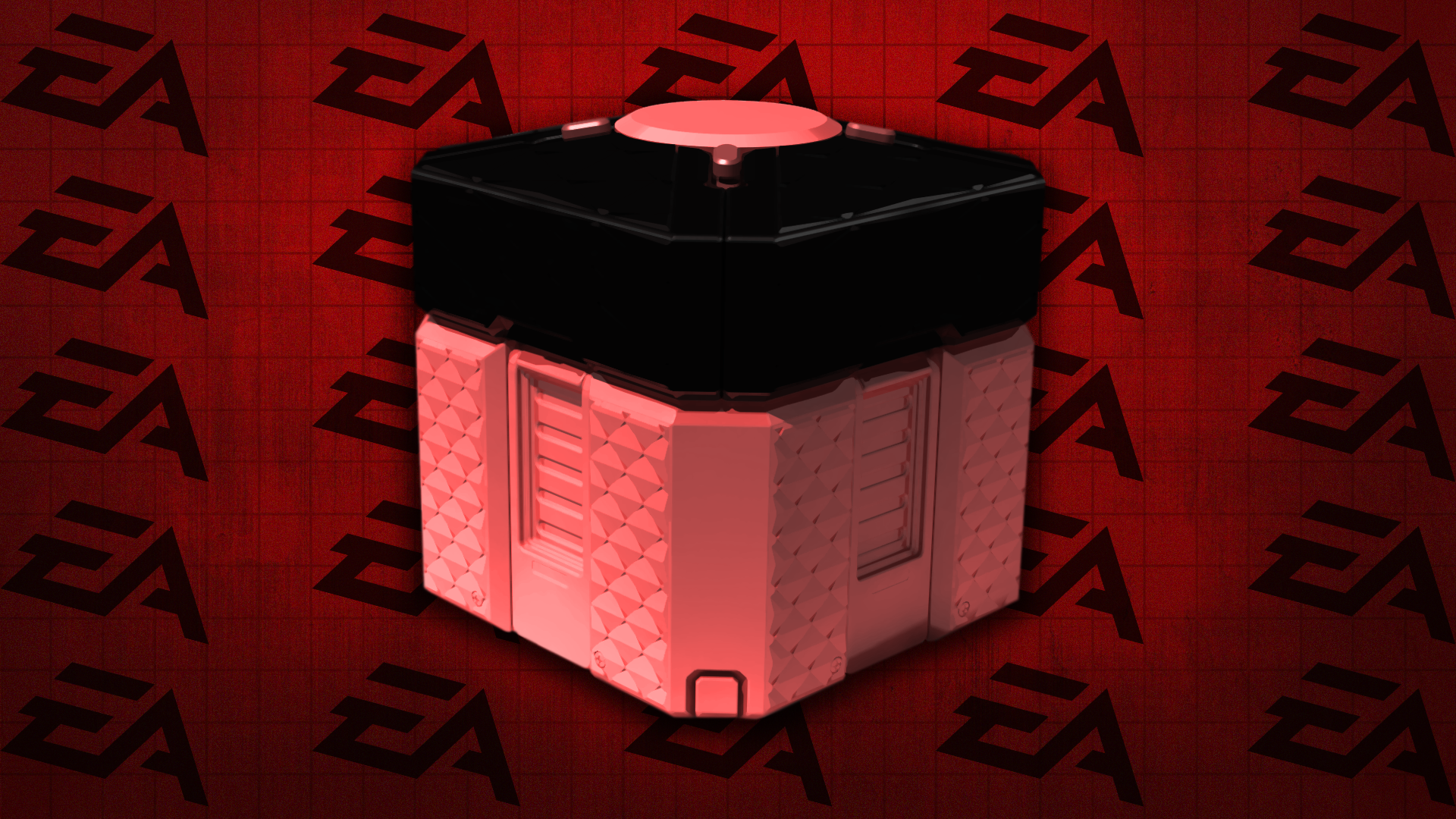The controversy surrounding microtransactions in gaming is back, and – you guessed it – EA is at the forefront.
There are a few constants in life: the sun will rise and fall, seasons will come and go, and EA will continue to cause a raucous in the gaming community for an excessive focus on microtransactions within its games.
In case you’re unfamiliar with the term microtransaction, it refers to in-game purchases that convert real money into digital currency that can be spent on skins, characters, or consumables. Ranging anywhere from $1 to around $80, packages are available to directly obtain specific items or – and this is where it gets a little problematic – to purchase loot boxes with randomised items inside. It’s the modern equivalent of spinning a slot machine, but instead of a pocket full of coins you’re paying with bank account details logged on your console account.
In gaming circles, EA has become the memeable benchmark for promoting gambling behaviours and pay-to-win tactics in recent years. In 2017, Battlefront 2 was slammed for its overtly aggressive use of loot boxes tied to a multiplayer progression that incentivised regular spending. The fallout was such that EA was forced to withdraw all in-game purchases before the game even hit mainstream release, and to publicly apologise on multiple occasions.
Despite vows to ‘be better’ in the years ahead, EA’s FIFA Ultimate Team – a PVP multiplayer mode that allows the player to construct their own team of athletes from leagues all around the globe – raked in a staggering revenue of $1.5 billion in 2019, which is more than sales of the FIFA 20 achieved in itself. Now, with FIFA 2021 on the market and EA continuing to accumulate a fortune built on microtransactions, several nations including Belgium, Japan, and the Netherlands have taken steps to regulate loot boxes by placing limits on players’ in-game purchasing power.




















